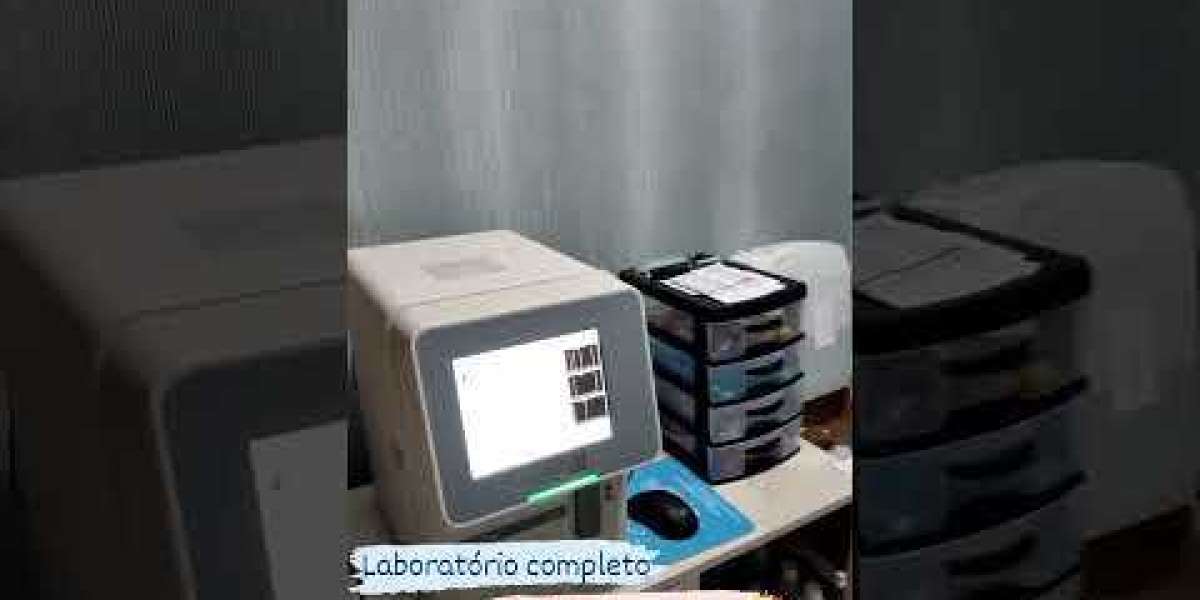Mental health issues affect millions of individuals and can significantly impact their daily lives, relationships, and overall well-being. As awareness of mental health has grown, so too have the treatment options available to those seeking help. Comprehensive treatment programs for mental health encompass a range of services tailored to address the unique needs of individuals. Choosing the right fit can be a crucial step toward recovery and improving one’s quality of life.
A comprehensive treatment program typically combines various therapeutic modalities, including psychotherapy, medication management, and holistic approaches. The goal is to provide a well-rounded and individualized treatment plan that addresses both the psychological and physical aspects of mental health. This multifaceted approach recognizes that mental health disorders often coexist with other health issues, such as substance abuse or chronic illnesses, and therefore require a holistic perspective.
When exploring treatment options, it’s essential to start with an assessment conducted by a mental health professional. This evaluation can help identify the specific challenges faced by the individual and determine the most appropriate course of action. Mental health professionals often use standardized assessment tools and clinical interviews to gain a deeper understanding of a person’s symptoms, history, and treatment goals. This comprehensive assessment forms the foundation for creating a personalized treatment plan.
Psychotherapy, or talk therapy, is a core component of many mental health treatment programs. Various therapeutic approaches are available, including Cognitive Behavioral Therapy (CBT), Dialectical Behavior Therapy (DBT), and psychodynamic therapy. Each method offers different techniques for addressing mental health challenges. For instance, CBT focuses on changing negative thought patterns, while DBT emphasizes emotional regulation and interpersonal skills. It’s important to choose a therapist whose approach aligns with the individual’s preferences and needs, as the therapeutic relationship can significantly impact the effectiveness of treatment.
Medication management is another crucial aspect of comprehensive mental health care. Many individuals benefit from psychiatric medications, such as antidepressants, antianxiety medications, or mood stabilizers, to help manage their symptoms. A psychiatrist can work collaboratively with patients to find the right medication and dosage, monitoring its effects and adjusting the treatment plan as necessary. Combining medication with therapy often yields better outcomes, as both approaches work synergistically to address mental health issues.
Holistic treatments also play an increasingly important role in comprehensive mental health programs. Practices such as mindfulness, yoga, art therapy, and nutrition counseling can complement traditional therapies, promoting overall well-being and stress reduction. These approaches help individuals develop healthy coping mechanisms and foster resilience, addressing mental health from a holistic perspective. Many treatment centers in Los Angeles and beyond now integrate these holistic practices into their programs, recognizing the benefits of treating the whole person rather than just the symptoms.
Support groups provide another valuable resource for individuals seeking comprehensive treatment for mental health issues. These groups offer a space for people to connect with others who share similar experiences, providing emotional support and understanding. Participating in a support group can help individuals feel less isolated, validate their feelings, and gain new insights into their challenges. Many treatment programs incorporate support groups into their offerings, recognizing the importance of community in the healing process.
When selecting a comprehensive treatment program, individuals should consider factors such as the program’s focus, the qualifications of the staff, and the environment in which the treatment is provided. It’s essential to choose a program that aligns with personal values and preferences, whether that means a more traditional clinical setting or a holistic, alternative approach. Reading reviews, asking for recommendations, and attending introductory sessions can provide valuable insight into what to expect from a particular program.
Additionally, logistical considerations such as location, cost, and insurance coverage are critical factors in choosing the right mental health treatment program. Many facilities offer sliding scale fees or accept various insurance plans, making mental health care more accessible to a broader range of individuals. Understanding these practical aspects can help ensure that the selected program is both effective and sustainable over the long term.








